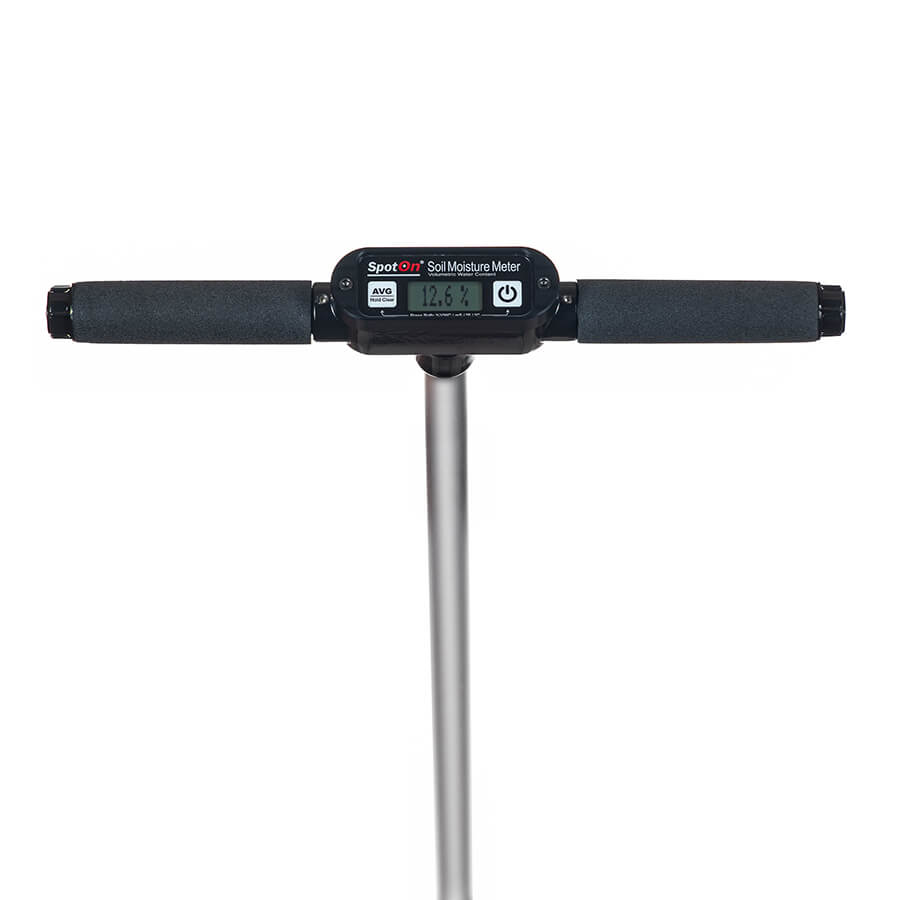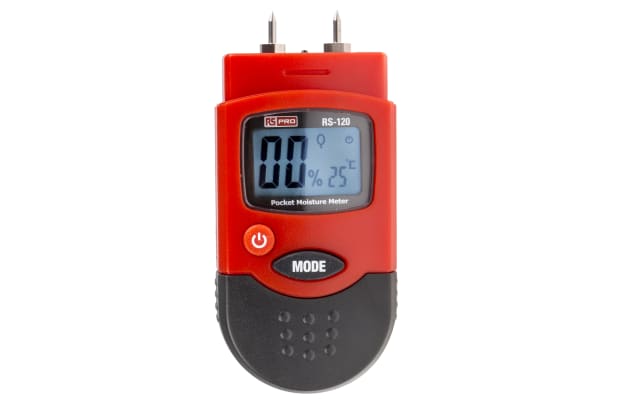The Scientific Research Behind Moisture Meters: How They Work and Why They're Important
The Scientific Research Behind Moisture Meters: How They Work and Why They're Important
Blog Article
The Ultimate Overview to Wetness Meters: A Comprehensive Review and Exactly How They Can Save You Cash
Moisture meters serve as indispensable tools in detecting and keeping an eye on moisture web content in materials, aiding in stopping pricey problems and ensuring the quality of products. Comprehending the subtleties of various types of dampness meters, their applications, and the potential cost-saving benefits they provide can be a game-changer for services and experts alike.
Kinds Of Moisture Meters
Different kinds of moisture meters are available for different applications in different markets. One usual type is the pin-type dampness meter, which gauges the electric resistance in between two pins placed right into a product. This type is ideal for timber, drywall, and other structure materials. Pinless dampness meters, on the various other hand, usage electromagnetic sensing unit plates to check a bigger location without causing damage to the product's surface. Moisture Meter. These meters are suitable for quickly analyzing moisture degrees in big areas such as wall surfaces and floors.

Moreover, there are likewise specialized wetness meters designed for particular products like hay, grain, or soil. These meters give accurate dampness analyses tailored to the unique residential or commercial properties of the material being evaluated. Infrared wetness meters measure the thermal homes of a material to establish its wetness material non-invasively, making them useful for applications where pin or pinless meters may not appropriate. Comprehending the different types of dampness meters available can aid sectors pick the most suitable device for their certain dampness measurement demands.

Benefits of Using Dampness Meters
Dampness meters supply invaluable advantages in precisely monitoring and analyzing wetness levels in varied materials and atmospheres. One of the key benefits of making use of wetness meters is the prevention of prospective damage created by excess dampness.
Furthermore, utilizing wetness meters can lead to increased power effectiveness. In agricultural setups, dampness meters play a vital function in enhancing crop yields by enabling farmers to monitor dirt dampness levels and make informed irrigation decisions.
Exactly How to Pick the Right Dampness Meter
Picking the suitable moisture meter includes thinking about vital variables such as material compatibility, measurement range, and calibration precision. When picking a moisture meter, it's necessary to guarantee that the meter appropriates for the particular product you will be testing. Different materials have varying electric residential properties that can influence dampness analyses, so picking a meter made for your product is critical for exact outcomes. Additionally, think about the dimension variety of the moisture meter. Ensure that the meter can spot dampness degrees within the range required for your applications. Calibration accuracy is an additional important aspect to keep in mind. Choose a dampness meter with trustworthy calibration to guarantee regular and specific analyses. Some meters might call for routine calibration adjustments, so understanding the calibration procedure is vital. By very carefully evaluating these elements, you can select a wetness meter that satisfies your Discover More requirements and provides accurate wetness measurements for your jobs.
Appropriate Strategies for Moisture Meter Usage

Price Financial Savings Via Moisture Meter Applications
Just how can the strategic application of dampness meters lead to considerable expense savings across various markets? In the agriculture sector, dampness meters help in determining the ideal time for harvesting crops, avoiding excess or over-drying moisture that can influence the final item's quality.
Likewise, in construction, wetness meters aid avoid pricey damages by spotting wetness degrees in building products, such as timber or concrete, which can result in architectural issues otherwise addressed immediately. By identifying issue locations at an early stage, service providers can take corrective procedures to avoid comprehensive fixings or replacements, ultimately conserving time and cash.
Furthermore, in the food processing sector, dampness meters are important for keeping an eye on product quality and making sure conformity with safety policies. By properly measuring wetness web content in foodstuff, makers can prevent putridity, preserve quality, and lower waste, resulting this article in considerable price financial savings. Overall, the calculated application of dampness meters is a beneficial investment that can lead to considerable price decreases and boosted performance across numerous sectors.
Conclusion
In conclusion, dampness meters are beneficial tools for measuring and detecting moisture degrees in numerous products. By making use of the appropriate wetness meter and following appropriate techniques, customers can properly avoid costly problems caused by excess dampness.
Moisture meters offer as indispensable devices in identifying and monitoring moisture content in materials, helping in preventing costly damages and making sure the top quality of items. Infrared moisture meters measure the thermal residential properties of a product to identify its dampness web Going Here content non-invasively, making them valuable for applications where pin or pinless meters may not be appropriate.Wetness meters supply indispensable benefits in accurately examining and monitoring dampness levels in diverse products and environments. In agricultural settings, wetness meters play a critical role in maximizing plant yields by allowing farmers to keep track of dirt dampness levels and make notified watering decisions.In final thought, dampness meters are important devices for discovering and gauging wetness levels in numerous products.
Report this page